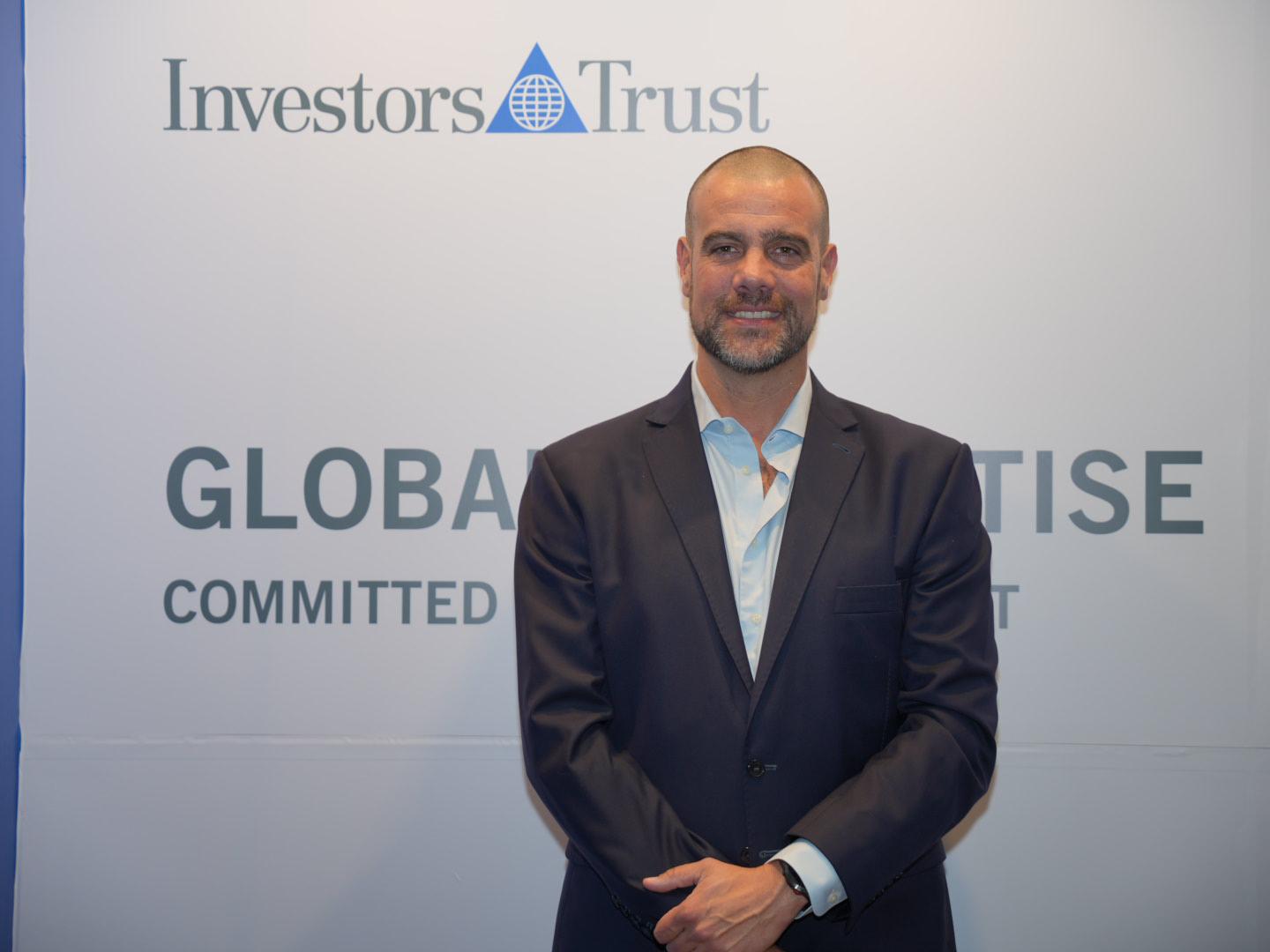Most of the Pandora Papers' 11.9 million records came from British Virgin Islands-headquartered providers rather than Jersey, Guernsey or the Isle of Man.
This was one of the early conclusions from some of the crown dependency press as coverage continues unravelling of this latest yet very familiar data leak.
The biggest single leak - more than 3.3m records - comes from Trident Trust Company, which is headquartered in the British Virgin Islands, according to the ICIJ, but has offices in Jersey, Guernsey, the Isle of Man, New York, London and 20 other locations, the Bailiwick Express (Jersey) reported.
It further quoted Jersey Finance Chief Executive Officer Joe Moynihan, who said: "Jersey is committed to the global transparency agenda to fight financial crime and tackle corruption.
"Our high standards and commitment to transparency as a well-regulated international financial centre have been recognised on numerous occasions by independent authorities including the OECD, IMF, World Bank and MONEYVAL."
The Guernsey Press meanwhile reported that the Pandora Papers seemed to concentrate interest on "secrecy providers", mostly based in the British Virgin Islands.
It quoted the Guernsey Financial Services Commission which said that it would act if evidence was produced against Guernsey-based business. Nothing had been exposed so far.
‘If accusations emerge suggesting improper conduct by any Guernsey-regulated entity, the commission will treat them with the seriousness which they deserve,' said a GFSC spokesman.
The GFSC further said multiple public statements it has issued are available on its website, proving it had taken action against failing financial services firms over the past few years.
‘There are a considerable number of examples of action being taken against firms which have not complied with the Bailiwick's robust laws against money laundering.'
The only explicit reference to Guernsey so far was in a statement relating to intergenerational wealth transfer in a Pakistani family, included in a report on members of the cabinet of Pakistan prime minister Imran Khan.
Shahnaz Sajjad Ahmad was reported to have inherited from her father, a retired lieutenant general, through an offshore trust that owns two London apartments, purchased in 1997 and 2011 in Knightsbridge, a short walk from Harrods.
She, in turn, has been reported to have set up a trust for her daughters in 2003 in Guernsey. There is no evidence of any wrongdoing in establishing such a trust.
In other reactions from across the industry, deVere CEO Nigel Green said the Pandora Papers were not representative of the wider offshore financial industry.
Green said: "When it comes to those who are in or have previously held political or royal office, and/or those who are actively seeking to break the law by hiding or ‘washing' money, busting sanctions or evading tax, there must be complete transparency with financial dealings.
"However, the vast majority of the millions of people who use companies providing offshore financial products and services are not representative of those high-profile names that have been disclosed in the Pandora Papers.
"Indeed, the overwhelming number are hard-working, law-abiding individuals using fully legal and compliant solutions in order to seek out better returns, more options and greater flexibility.
Green added: "In my four decades of working with cross-border investors, I can confirm that the number one reason people keep money in an offshore account - which is simply an account in a jurisdiction different to the one in which the individual resides - is convenience.
"These accounts offer centralised, safe, flexible and global access to their funds regardless of where the person lives and regardless to where they may move to in the future, at the same time as offering an array of saving and investment options in a multitude of different currencies. These are important issues for those who live outside their country of origin, and who typically have transient lifestyles."
But tax haven critic Richard Murphy asked in his blog "Why are so many well-known names of accountants still operating in tax havens?'
He said: "What the Pandora papers refer to is essentially old news: we know this stuff is happening. What would make a difference would be if the highlighting of this issue led to many more questions as to why the Big 4 accountants, their smaller competitors in that profession and so many banks whose names also appear on the UK High Street still think it acceptable to work in the places that themselves supply corruption. That is the question to ask on this issue."










